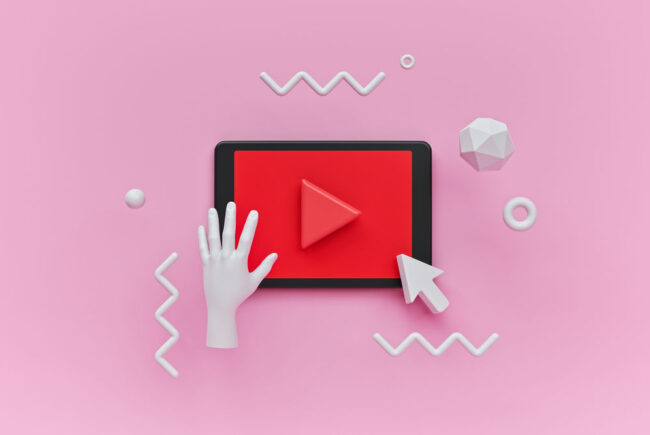

Adult play may be outcome-based – for example a game – but it is still important to allow space for exploration within the play process, Dr Peter King argues. Image: Shutterstock
Adult play may be outcome-based – for example a game – but it is still important to allow space for exploration within the play process, Dr Peter King argues. Image: Shutterstock
Play is often cited as ‘the work of children’, but play does not leave us when we become adults, says Dr Peter King.
Play has been used as a tool within primary education for decades. It is a key element of the philosophy of progressive schools like Montessori, Reggio Emilio and Waldorf. But play is often phased out after childhood, despite it having the potential to play an important role in adult and lifelong learning.
Dr Peter King is a senior lecturer in the Department for Education and Childhood Studies at Swansea University, Wales. King has published on a range of issues in the field of play throughout his career.
In 2019, along with his colleague the late Gordon Sturrock, he published a book entitled The Play Cycle: Theory, Research and Practice, which provides a theoretical description of the play process. His current research focus is on ‘playwork’ and the professionalisation of the concept.
We asked King three questions to find out what role play and play deprivation have in lifelong learning.
Defining play is a contentious issue in play scholarship. How would you define it?
Defining play has always been a context issue. Educationalists will define it differently from therapists who will define it differently from playworkers. This was summed up in Brian Sutton-Smith’s book The Ambiguity of Play, in which he outlines seven rhetorical features of play: progress, fate, power, identity, imaginary, self, and frivolous.
Donald Winnicott’s notion of play is that it is a way of combining inner subjectivity with outer objectivity in what he termed The Potential Space or Third Area. He argues that “cultural experience begins with creative living first manifested as play”. It is this “creative living” that allows us to either have a healthy approach to the objects and environments in front of us or a fatalistic approach.
Play allows us to take risks, socialise, negotiate and act out positive and negative experiences.
That is why we need to allow room for play and the so-called play cycle. Although play is often used as an outcome in education, a greater focus on the process of play can allow children to develop it for their own outcomes, giving more opportunity for healthy exploration.
But the same goes for adults. Play does not leave us when we become adults; we simply choose whether to engage or not.
Adult play may be outcome-based (for example a game), but play still goes through a process, and it is important to allow space for exploration within this process.
How are play and learning linked?
The links between play and learning have been well-researched and are not that contentious. If children are left to negotiate their play, then focusing on the process can lead to many potential learning aspects.
Play allows us to take risks, socialise, negotiate and act out positive and negative experiences, so it has a huge impact on how children, and consequently adults, approach the world.
Play allows us to make new “objects” of those things in front of us: like a child using a broomstick for a horse.
Although we tend to play less as adults, a playful disposition is vital to lifelong learning. Such a disposition can help with flexibility, risk-taking, creativity and expressiveness. This has great implications for all of schooling: from early years to further and higher education colleges. Playful environments and playful dispositions can lead to better learning.
What is play (de)privation and how does it impact learning?
When we talk about deprivation, we talk about something that we have lost. We also have privation, where the space was never there in the first place to lose.
Deprivation could be on a scale or continuum: the loss of a breaktime as a punishment or simply the lack of play opportunities. Play deprivation is difficult to measure. There are too many confounding variables and it is hard to identify causal relationships.
There are many main drivers of play deprivation or privation. The list is long, but this could be down to changes in increased urbanisation, reduced time due to stresses in modern life, and lack of resources and funding.
Dr Pete King

- is the programme manager for the MA Developmental and Therapeutic Play and MA Childhood Studies Programmes.
- His current book, ‘The Play Cycle: Theory, Research and Application’, incorporates both current theory and research of the Play Cycle.
The effect this can have on learning is far-reaching. It is naturally difficult to measure but, going back to Winnicott, if we are deprived of play we prevent the understanding of how the inner subjective world and the outer objective world need to work together.
This can affect the way we read, the way we listen, and the way we approach new texts, tasks and challenges. Play (de)privation may make us less explorative, less open to risk and less willing to try new things. Play allows us to make new “objects” of those things in front of us: like a child using a broomstick for a horse.
Author







